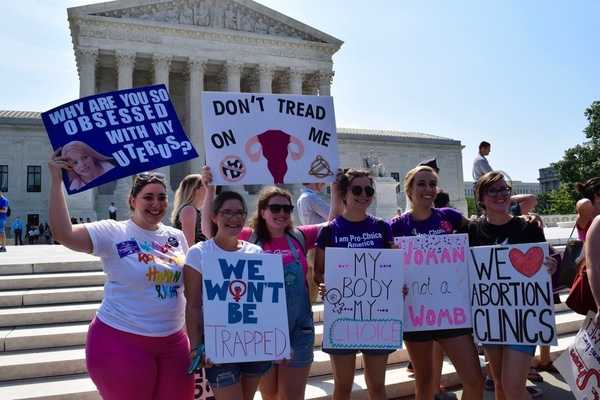The Electoral College is a process that was established by the Founding Fathers in the Constitution. This system of the United States government was created as part of the Constitutional Convention, which took place in Philadelphia, from May 25 through September 17, 1787. In 1787, when the Electoral College was being created at the Constitutional Convention in Philadelphia, leaders of the convention, including James Madison offered the idea of the direct popular vote.
The opposition to this idea was based on four major ideas: lack of awareness and knowledge of candidates by the people, the loss of influence in the South due to its large, non-voting slave population, the dislike of open admission of an inferior choice of president by the less populous, smaller states, and the fear that a direct vote would give too much power to one person. During this time period, the limited technology and information access for citizens in less populated locations across the country led to the proposal of the electoral college.
Around June 2, 1787, James Wilson proposed an intermediate election plan involving an electoral college. The delegates to the Federal Convention viewed the electoral college as a crucial "compromise to the eventual ratification of the new Constitution". The compromise of the electoral college was between the election of the President by a vote in Congress, giving a majority of power to the federal government, and the election of the President by a popular vote of citizens.
The electoral college should be replaced with a direct popular vote to maintain the ideologies of democracy and power of the people among a nation that now has the ability, caused by advancing technology, to count votes.
In the most recent presidential election, the 2016 election with Donald Trump and Hilary Clinton, Clinton received 65,853,514 popular votes, compared to the 62,984,828 votes that Trump received. Although I was unable to vote in this election, I was disappointed with the results, especially considering I went to bed when Hilary was predicted to win the presidency.
The Electoral College gives too much power to "swing states" and allows the presidential election to be decided by a handful of states. "Swing states" are states that reasonably could be won by either major party, and historically have not favored one political party. The two most popular swing states are Ohio, with 18 electorates, and Florida, with 29 electorates. Both states have voted three times in favor of the Democratic and Republican parties over the past six elections. Additionally, states with very high populations provide an advantage to a particular political party. For example, California, and its 55 electorates represent 20% of the 270 votes needed to win the presidency out of 538 total votes, giving the champion a significant advantage in the election.
With several "swing" or "battleground" states having a relatively high number of electoral votes for their physical size, politicians of both parties generally spend a disproportionate amount of time in these states as opposed to other states that have a more consistent voting history. Every voter, no matter where they live, should get equal attention from presidential candidates and the individual votes should have merit in the race for the presidency. Even some swing states get significantly more attention than others, which is unfair in our system of representative democracy.
Due to the "winner-take-all" system practiced in 48 out of 50 states, many voters in a non-battleground state may feel disenfranchised and even feel compelled not to vote if their state tends to vote a specific way.
A popular vote would simultaneously motivate politicians to evenly distribute their campaign time to all citizens, and encourage more people to vote by having their vote have merit in the presidential election. The Electoral College ignores the will of the people by giving power to a state's majority and ignoring the popular vote despite the advanced technology that allows the United States to count the votes of its citizens. The reasons for which the Founding Fathers created the Electoral College are no longer relevant. One of the largest barriers to the direct popular vote during the time of creation of the Electoral College was the limited knowledge of citizens about presidential candidates.
The advanced technology that has been developed provides widespread knowledge about presidential candidates and their stances of numerous issues, in addition to global information that affects our international involvement with other countries. The comprehensive knowledge that citizens have the ability to access allows for their vote to be informed and use their most important civic responsibility of voting. The original intent of the Founding Fathers in creating the electoral college was to allow for informed voters to make the decision about the presidential candidates, without giving way for less-informed voters to cast a vote that could result in an inferior winner for president. The current voting system is predominantly electronic, allowing each vote to be counted and sent to a state/national database that allows each individual vote to be counted.
The founding reasons for which the electoral college was created is irrelevant and should be changed to a popular vote, allowing each citizen's vote to count nationally, instead of allowing members of the electoral college to vote for a region of people.
In conclusion, the electoral college ironically has defeated its own purpose. The original idea behind its creation was to ensure that one region does not outweigh any other in a presidential election. However, in today's society, the electoral college does exactly what it was trying to prevent. The advanced technology that we currently possess allows each citizen's vote to be counted, contributing to a substantial popular vote that counts millions of Americans across the country. By absolving the electoral college, all Americans' votes could be equal under the Constitution, contributing to the idea of "liberty and justice for all."



















